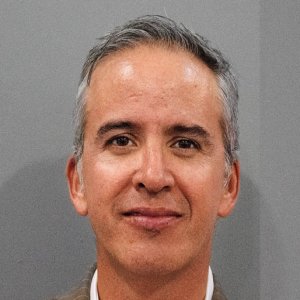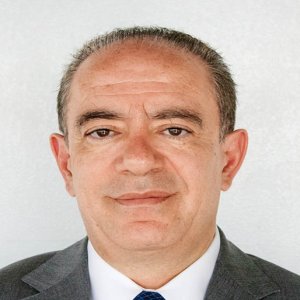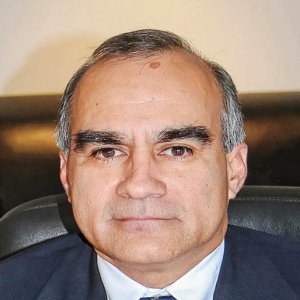Location, Location, Location

STORY INLINE POST
“Location, location, location” may be a commonly adopted mantra among real estate agents but it is also one of the biggest concerns that mining companies have upon entering Mexico. Mining operators often have to battle security issues that arise from organized crime near mine sites or surrounding communities that prevent the development and continuation of projects. “To more efficiently manage the risks, operators should conduct a security analysis of any area where they wish to acquire a mine site, particularly in the case of a greenfield project,” says Brian Weihs, Mexico Office Head at Kroll. This could prove to be a key step that could save companies thousands, perhaps millions of dollars.
The seriousness and type of security issues greatly varies between states and surrounding communities. “The northern Mexican states tend to have many years of experience with the mining industry and are generally accustomed to these activities,” says Weihs. “But issues are more likely to arise in areas south of Mexico City.” These communities, he says, are less accustomed to mining and are therefore less aware of the benefits the sector can provide.
When it comes to the mining sector, Kroll, as an international advisory firm that helps clients with all forms of security threats, mostly focused on investigating and solving issues that companies have with local communities, loss of products and other types of threats that operators face. “We analyze the security risks that operators face throughout the stages of their project and, with this information, we develop risk-management programs for our clients,” says Weihs. The company focuses on issues from northern Mexico, Chihuahua and Sonora but it also works with some companies from Guerrero and Michoacan, which also endure theft and major security problems.
Theft, according to Weihs, can be especially damaging during a downturn. “Operators need to be particularly careful when production is lower than normal and they need to be as cost-efficient as possible,” he says. “A theft at this time can considerably exacerbate financial strain.”
The company finds that exploration companies generally face the most challenges because they tend to be smaller and less well-known among indigenous communities. Kroll helps minimize the risk by collecting reliable data from key players in the area to find the root of the issue. “Even though mining companies often have their own methods of gathering information, it helps for us to gather our own as the companies’ data could be biased,” says Weihs.
The key is to find sources of information who would not under normal circumstances be likely to talk to mining companies. This offers a more complete picture of the area that would otherwise be quite limited. “When it comes to more specific issues such as suspicion of theft, a more detailed process should be undertaken,” says Weihs.
Another challenge that the industry often battles with is the resolution of land issues and community members who are angry about incoming projects. “Even though we are not directly involved with these resolutions, we understand that they can be quite complicated,” says Weihs. “The public sector should facilitate these processes.”
Improving transparency is a strong priority for all sectors and the federal government is under pressure to improve its processes. Weihs believes that the National Anti-Corruption System that was created by constitutional reform in the summer of 2016 might be the push the country needs to take a new direction. “Hopefully, it will lead to the appointment of an independent anti-corruption prosecutor,” he says. “The prosecutor and investigators will be at liberty to investigate any governmental area that receives capital from the federal government at a local, state and federal level, as well as private companies.” This new position is expected to be established in 2017.
But Weihs strongly believes the government is making great strides in improving transparency. “It is improving processes like single-window transactions and implementing Internet portals to minimize opportunities for unauthorized activities,” he says, with the conviction that, if more transparency is achieved, Mexico’s investment climate will greatly improve.























